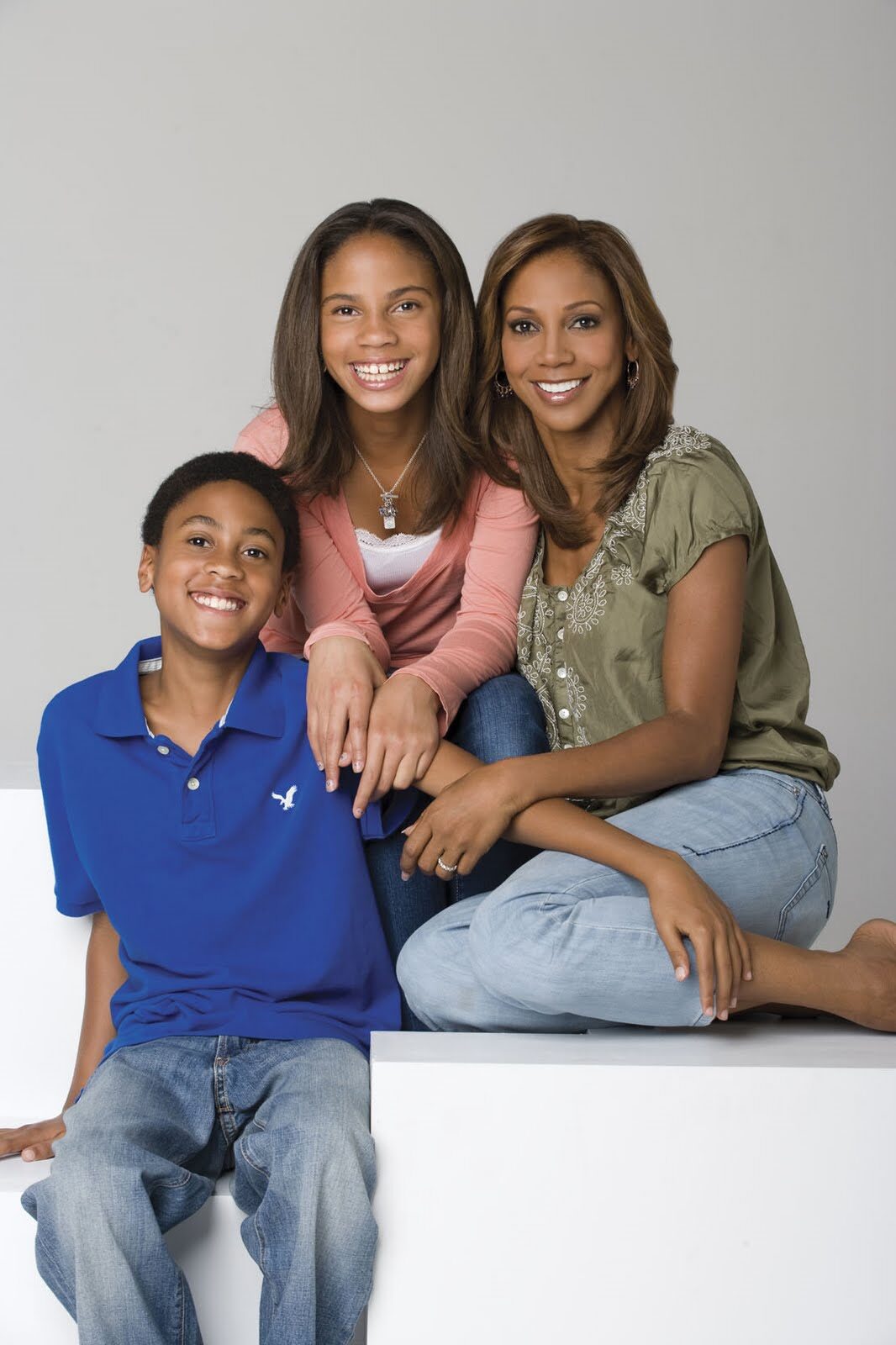Researchers from Columbia University have asked for our help in reaching out to parents on their project, which has such similar goals to The Thinking Person’s Guide to Autism. We hope that parents of children with autism who can participate, will. Thank you, -Shannon, Liz, Jen, & Emily, TPGA Editors Dear Parent, We are researchers at Columbia University’s Institute for Social and Economic Research and Policy studying autism. We are currently collecting life stories from parents about their experiences in recognizing their child’s autism, seeking professional help and navigating the system of services. The goal of this project is to gain a better understanding of the road to diagnosis. Parents have different experiences and observations of their child’s development and they have different personal resources with which they access care and services. Parents also differ in the type and extent of their support networks and social relations. And finally parents…
Month: October 2010
Corina Lynn Becker http://autisticapp.blogspot.com/ http://nostereotypeshere.blogspot.com There’s been quite a bit of news lately about how Apple’s iPad can assist Autistic children. The stories I have heard are wonderful and hopeful, on how iPads and iPods could bring about a new era of portable supports, learning, and communicative devices, and independence. It has been pointed out that the portable devices, while not cheap, are inexpensive when compared to other specialized devices — which are often too bulky to carry around and be applicable to various locations and situations. With the development of specialized apps, a child, parent, teacher or caregiver can carry a small, slim device filled with programs to communicate, understand how to go places, be prompted on doing tasks, keep organized, learn social skills, filter sensory input, and regain calm from stress. For those with motor control problems, the large screen of the iPad offers more accessibility and opportunities…
Susan Etlinger www.familyroomblog.com It’s official: I’m a bitch. By which I mean I’ve moved past that initial flush of optimism and teamwork and wanting everyone to feel good about themselves to disappointment, confrontation, detente, anger and now — inevitably — relentlessness. And it is relentless — for reasons bureaucratic, cultural, personal, possibly gender-determined and sometimes inexplicable. The day starts with a clamor of children in the big yard. It’s an expansive space — too much for the Kindergartners, much less any child with sensory issues — and children whiz around, hollering, bumping into each other, a chaotic, moving mass of kidness. Isaac refuses to set foot in the yard. This full frontal assault first thing in the morning is unbearable. He makes a beeline for the library, and insists we sit and read a book. He falls apart when I tell him it’s time to go to the classroom. “Nooooo,”…
Holly Robinson Peete www.hollyrod.org Over the years many parents have reached out to me for emotional support after their child was diagnosed with autism. I particularly remember getting Jenny McCarthy’s phone call shortly after her son’s diagnosis. Like most moms and dads, she needed to connect with somebody who knew first hand the swift gut-kick of this difficult diagnosis, somebody who had been in the trenches for seven years already. We cried. We cussed. We even managed to laugh. We spoke for eight hours. She was naturally frustrated with the lack of answers about autism. I was there for her as I’d be for any parent, and I told her she was blessed to get such an early diagnosis. Her passion was palpable and I could tell she was going to grab autism by the horns, making it her mission and focus. I knew she’d help spread autism awareness like…
